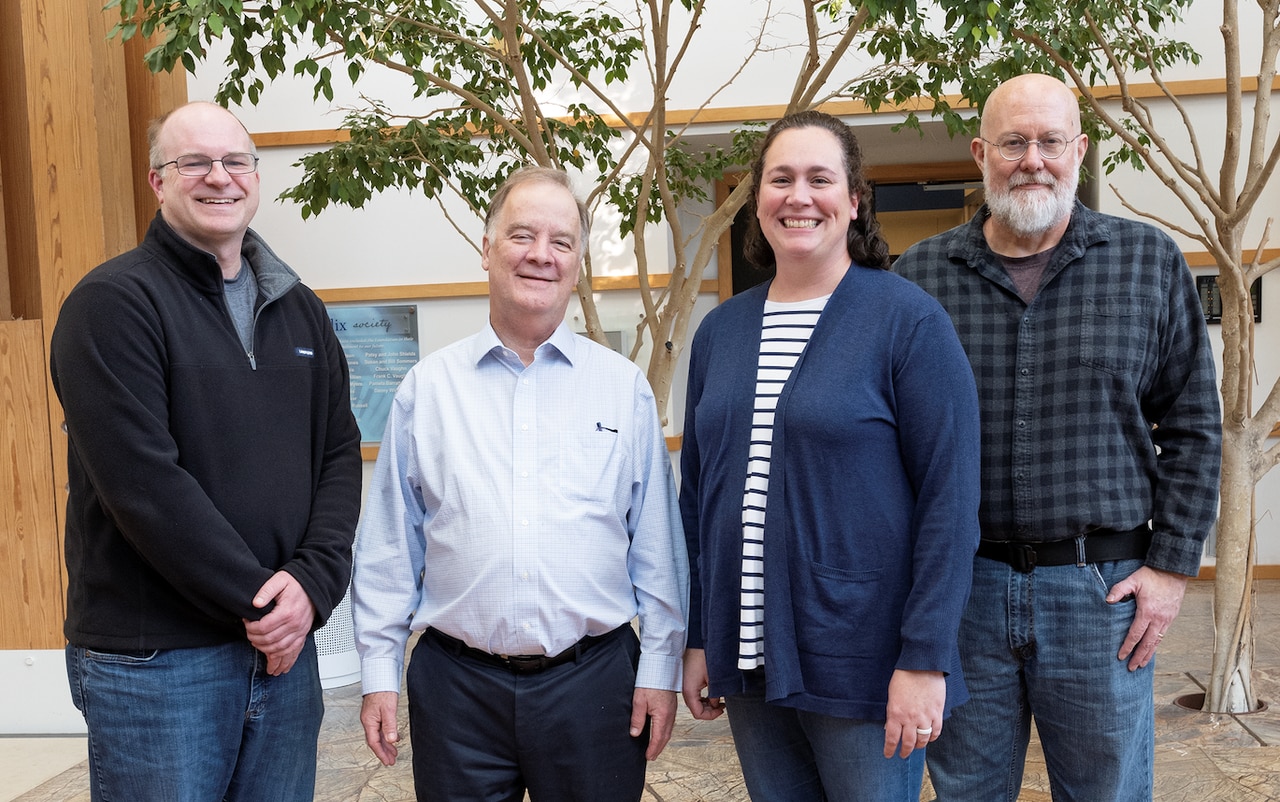Alabama researchers link gene to some developmental disorders
Alabama researchers have linked a genetic variation to brain development disorders, according to the HudsonAlpha Institute for Biotechnology in Huntsville. During that research, HudsonAlpha also developed a framework for testing for mutations using genetic “matchmaking.”
The disorders called “neurodevelopment disorders” can influence development in the neurosystem in areas ranging from social skills to learning abilities. Dr. Greg Cooper and the members of his HudsonAlpha lab identified a variant in the gene ZMYM3 in an Alabama patient with neurodevelopment symptoms in 2018.
Dr. Susan Hiatt, a senior scientist in the lab, submitted that information to the genetic matchmaking service GeneMatcher. More than 30 international researchers emailed Hiatt over the next five years with the same gene in patients with the same clinical characteristics, the institute said Friday.
“What began as one patient from Alabama slowly grew into a cohort of several dozen patients from across the globe,” Hiatt said. “It was not always a linear increase, though. The cohort went through many periods of growth and waning as we received a few cases through GeneMatcher that seemed like they fit our story, only to learn later that they were likely benign variants.”
Back at HudsonAlpha, members of Dr. Rick Myers’ lab experimented to see how the variants affected the gene’s ability to influence DNA. These experiments provided a framework for testing mutations in future studies, the institute said.
“We believe our study moves the field of diagnostic genomics forward by presenting several case studies that might help geneticists diagnose more of their patients who are waiting for an answer,” Hiatt said.
HudsonAlpha was formed in Huntsville in the 2004-2005 period with $80 million in philanthropic contributions and $50 million in state investment. Myers, a professor and chair in genetics at the Stanford University School of Medicine and director of the Stanford Humane Genome Center, was the institute’s first director. The institute is active in human and agriculture genetic research.
